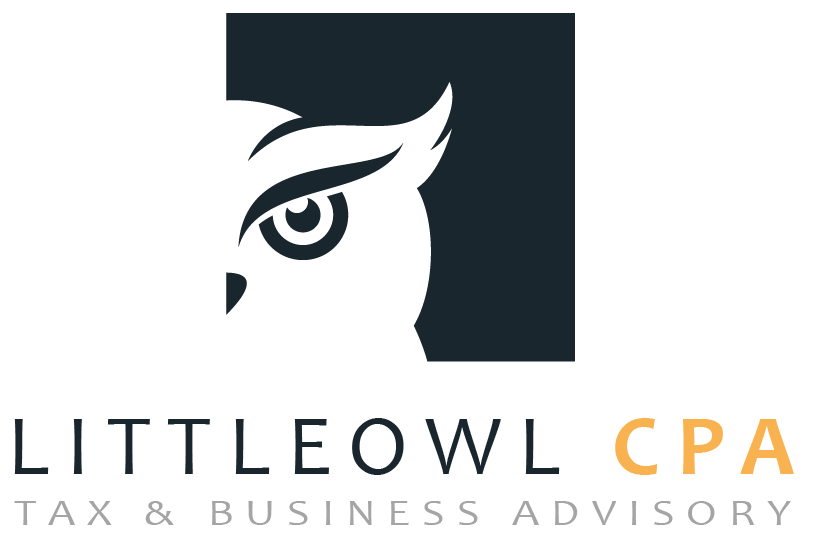Understanding the difference between a hobby and a business is crucial for tax purposes. While both can bring in income, the IRS distinguishes them based on your intent to make a profit. This blog will guide you through how the IRS makes this determination, what factors to consider, and how to ensure you’re reporting your income correctly—whether your passion is just a side project or a full-fledged business.
What is the difference between a hobby and a business?
While in many hearts, they may be the same, the main difference between a hobby and a business is that, for a business, the owner intends to yield a profit, whereas a hobby is a side project that may earn money.
If you occasionally earn income in the year from your kite-flying side project, where you are testing more and more elaborate models, but you don’t make a profit, it’s safe to assume it’s a hobby. However, you’ll still need to report the income from your hobby (see below).
On the other hand, if you make the rounds in local craft fairs and have earned an income consistently over the past five years with your amazing crochet dragons, to the point that you’ve become profitable, that would need to be reported as a small business.
In other words, something may be your “passion,” you may even treat it like a side-gig, but the IRS considers very specific factors when determining what is a hobby vs a business.
How does the IRS determine hobby vs business?
The IRS looks at eleven factors when making its determination of a hobby vs. business. Here are some example questions that you can ask yourself based on their factors:
- Have you made a profit from this in the past?
- Do you depend on this income as a part of your livelihood?
- Have you made changes to the process to improve profitability?
- Have you put time and effort into it, in a way that indicates you intend to make it profitable?
- Are losses from your project due to circumstances out of your control?
- Does this involve assets that appreciate in value?
- Do you have personal motives for doing the activity, such as personal enjoyment?
- Do you keep books and records, or do other recordkeeping in a “business-like manner”?
- Do you have an advisor who has the knowledge of how to run a business?
Generally, the more generic rule of thumb has been that if an activity has shown a profit for a minimum of three out of the last five years, the IRS will consider this a business. (If the activity is related to the breeding, racing, showing, or training of horses, you must show a profit in two out of the last seven years.)
What is form 5213?
Hobby businesses that are “on the line” of being for-profit may choose to file IRS form 5213 to delay the decision of whether the activity is a business or a hobby (i.e. whether the activity is for profit). This can have certain consequences and risks, so it’s best done with the assistance of a tax advisor.
Are hobby expenses tax deductible?
Note that if the IRS recognizes your business as a hobby, then you can’t deduct expenses. You won’t be able to either deduct expenses or take a loss for it. Losses are considered personal losses.
Is hobby income taxed?
Yes, your hobby’s income should be reflected on your tax return in Schedule 1, Form 1040, in the “other income” section.
But how much hobby income is taxable? Would all of it be taxable, even though we can’t reap deductions for it?
Yes, all income is taxable, but remember that you may be actually operating a business if certain situations apply, according to the IRS. In those cases, you’ll want to report as a business, and your income will be taxed differently. You’ll also be able to take advantage of more deduction and credit opportunities. You will need to record your business expenses.
Example Scenarios
- My stained-glass artwork shop in my backyard has experienced a net loss for a decade but got really popular on TikTok toward the end of the year. If this is something you don’t depend on for income, that you do for other personal reasons, and that hasn’t resulted in income, then no. Next year may be different. For example, if your TikTok fame results in many sales, if you take actions to capitalize on all of that attention, or if you make process changes in the hopes of getting more income, then it may in the future be considered a business.
- I’ve sold scarves successfully at a craft fair and have been profitable for three out of five years, but the people around me don’t take it seriously. It doesn’t matter if others take it seriously! If you conduct yourself in a business-like manner, aim to make a profit, and have been profitable, then it is definitely a business.
- I hang my paintings at a local coffee shop, and very occasionally sell one for $4,000. This might happen three to four times a year at most. High amounts like this also make a difference to the IRS, especially if this is income related to your livelihood. The general rule of thumb is that if you earn more than $400 in a year, you should report it as self-employment income.


